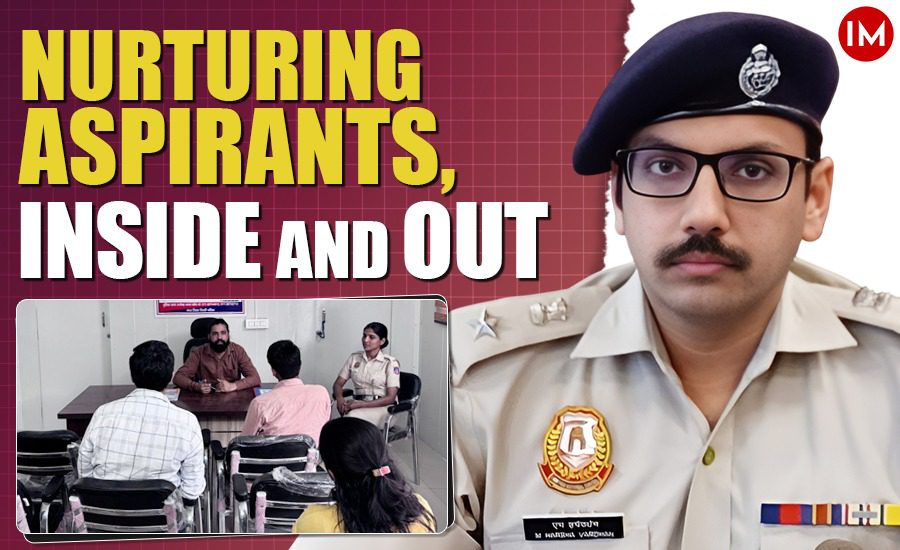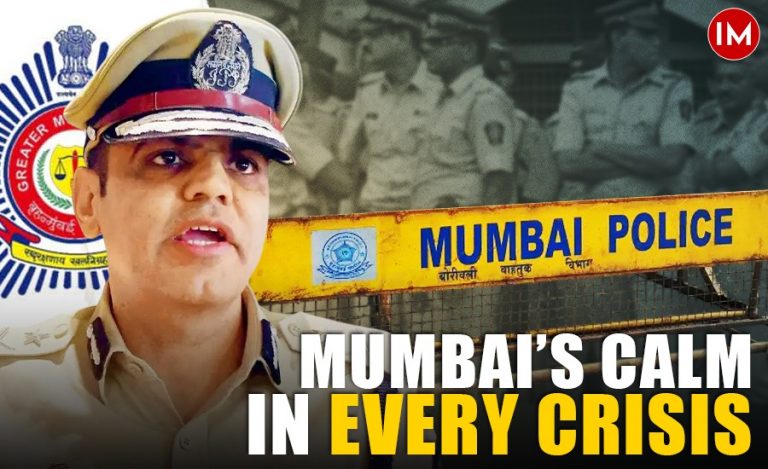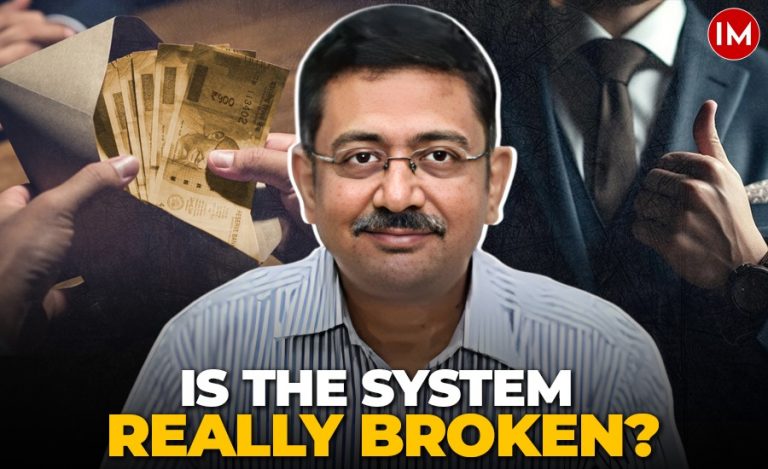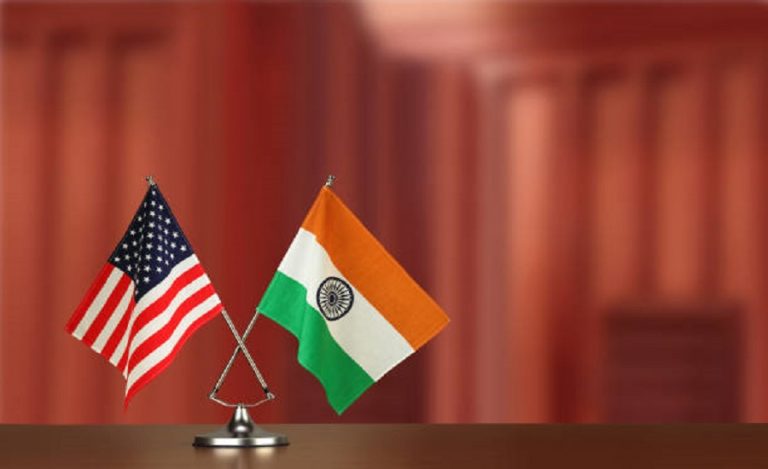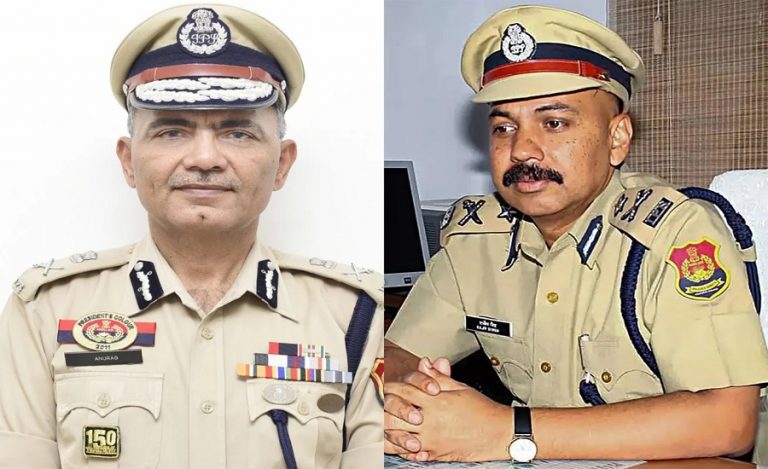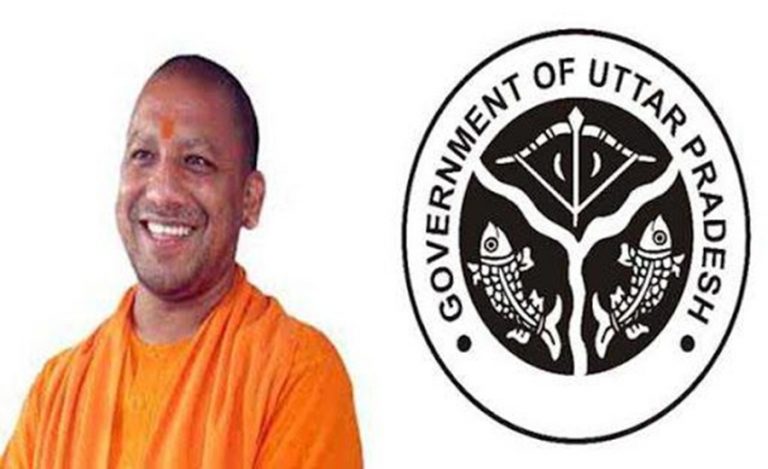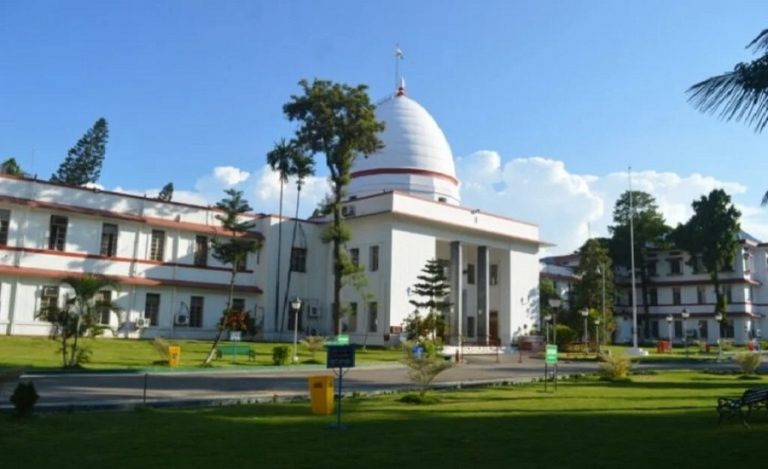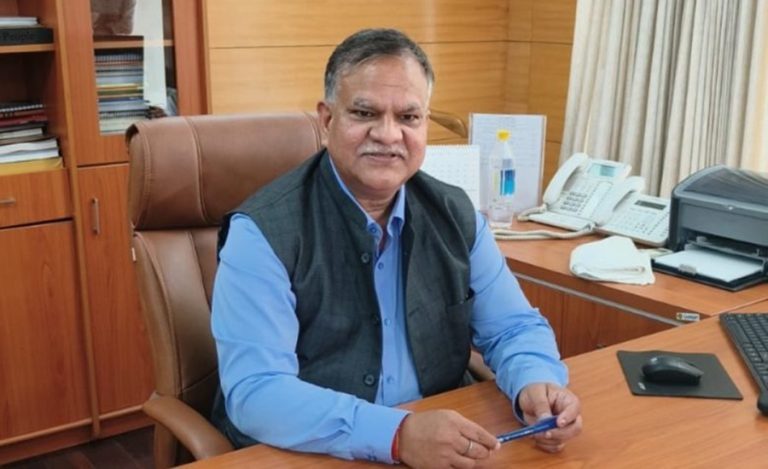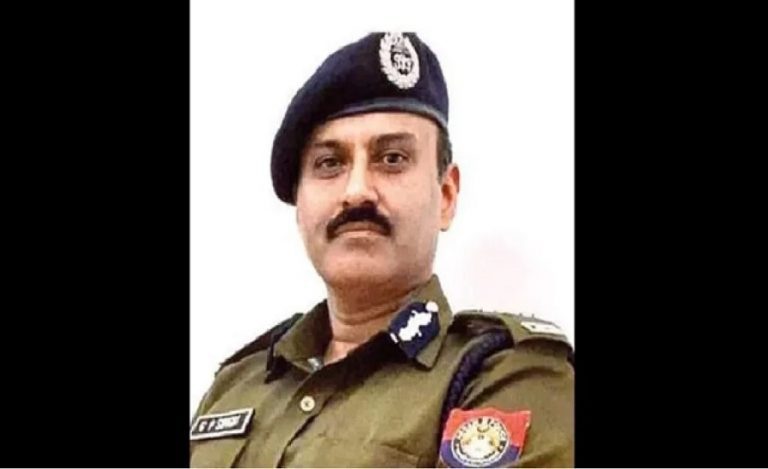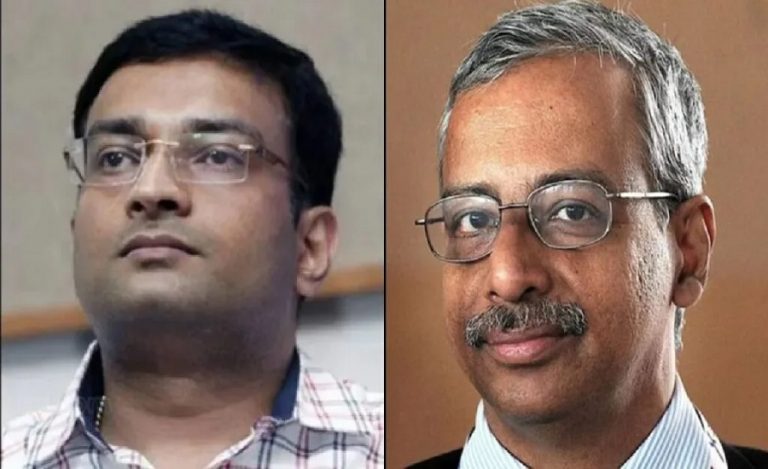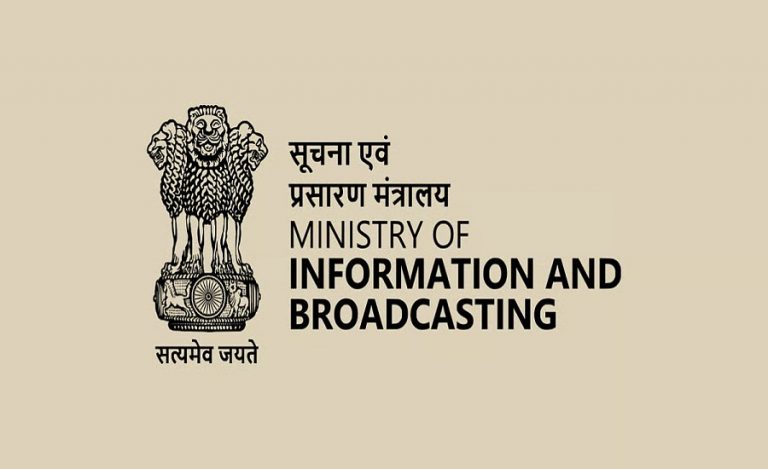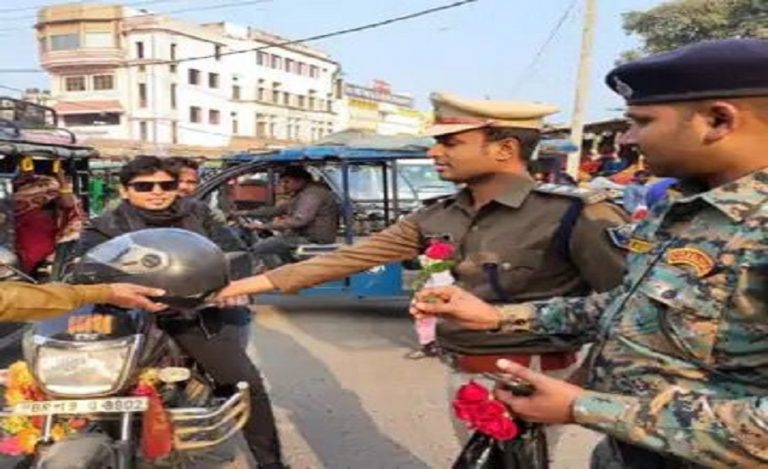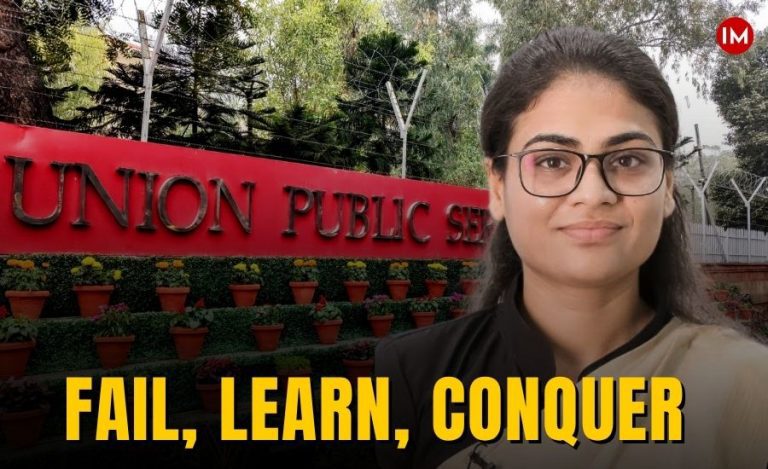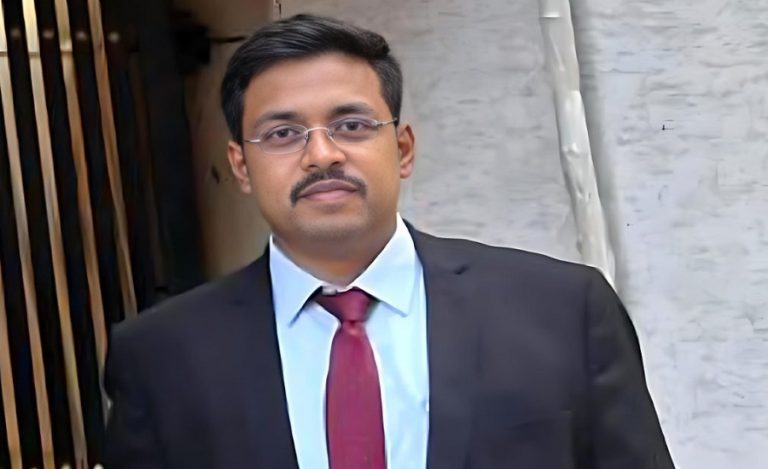Old Rajendra Nagar, a well-known centre for civil services coaching in Delhi, attracts a large and transient student population. Recognising the unique pressures and challenges these aspirants face, authorities have established a novel Police Facilitation Booth that extends its purview beyond traditional law enforcement to encompass the mental well-being of the students. This initiative acknowledges the multifaceted needs of a community dedicated to rigorous academic pursuit.
ADDRESSING PRACTICAL CHALLENGES
Beyond their demanding study schedules, students in Old Rajendra Nagar often encounter everyday civic issues that can disrupt their focus. Instead of immediately resorting to formal legal channels, which many find cumbersome for minor problems like localised flooding or fallen trees, the facilitation booth offers a more accessible avenue for resolution. This streamlined approach recognises the students’ primary focus on their preparation and aims to minimise distractions caused by everyday inconveniences.
The journey of a UPSC aspirant is often characterised by intense pressure, isolation from familiar support systems, and the significant decision to put careers on hold. This demanding environment can take a toll on their mental health. Understanding this crucial aspect, the Delhi Police has forged a partnership with Sir Ganga Ram Hospital to integrate psychological support directly within the facilitation booth. This co-location of services aims to proactively address the emotional strain associated with high-stakes examinations.
“Many students here have left their homes and support networks to dedicate themselves to this exam. This can create a significant need for emotional support,” IPS M Harsha Vardhan (2012 batch AGMUT cadre), DCP, Central Delhi, shared with Indian Masterminds.
INTEGRATED MENTAL HEALTH SUPPORT
Every evening, experienced male and female psychologists from Sir Ganga Ram Hospital are available at the booth to provide counselling. This on-site service aims to destigmatise seeking mental health support, making it more readily accessible to students who might otherwise hesitate to visit a hospital. The counsellors offer a confidential space for students to articulate their anxieties and stressors related to the demanding examination process. For individuals requiring more in-depth psychological intervention, a seamless referral system to the hospital is in place.
“Our aim is to provide an initial point of contact for students experiencing distress, offering them a supportive environment to express their concerns,” explains Mr Vardhan.
ENCOURAGING INITIAL ENGAGEMENT
The response from the student community to the mental health services has been positive. Mr Vardhan reports a consistent number of students utilising the counselling services daily, in addition to those seeking assistance with other concerns. This early engagement suggests a growing awareness and acceptance of the support available. There is an expectation that as awareness of these services spreads, more students will feel comfortable seeking help.
“We are seeing encouraging signs that students are finding value in the counselling services we offer. It’s a gradual process, but we believe it’s making a difference,” notes Mr Vardhan.
As the prelims examinations draw closer, Mr Vardhan offers words of advice and encouragement to the aspirants: “Have faith in your preparation, dedicate yourselves to your studies, and learn to accept the eventual outcome. It’s important to remember that this examination, while significant, is not the only path to success. Many other opportunities await, and sometimes, not succeeding in one endeavour opens doors to unforeseen and better possibilities.”
The establishment of the Police Facilitation Booth with integrated mental health support in Old Rajendra Nagar signifies a holistic approach to supporting the student community. By addressing both their practical concerns and their emotional well-being, this initiative aims to create a more conducive and supportive environment for these dedicated aspirants.

